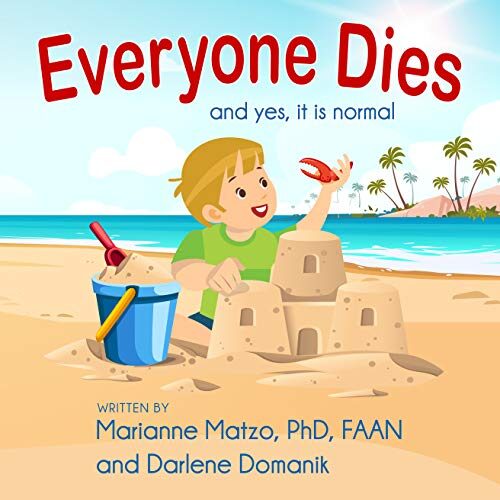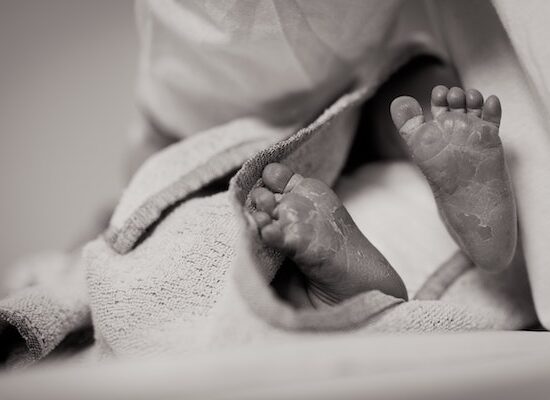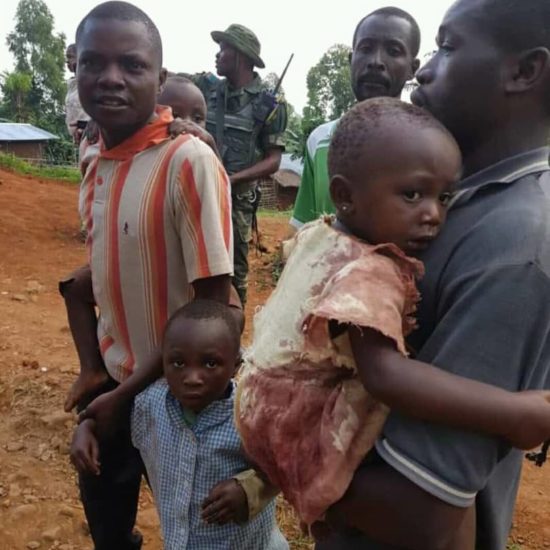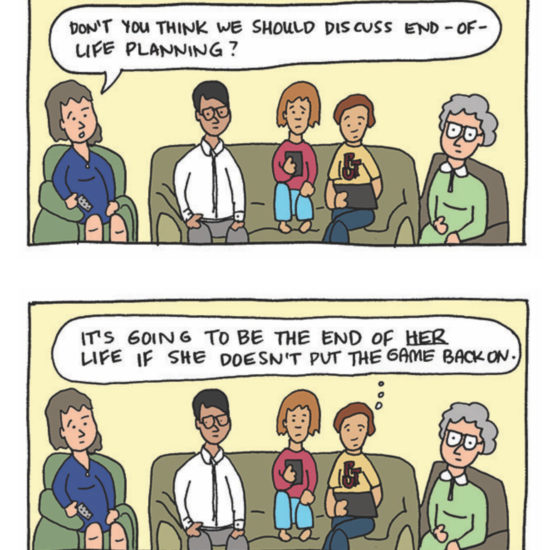
credit: eflon (creative commons)
The recent death of movie star Debbie Reynolds just a day after her daughter, actress Carrie Fisher, died from a heart attack, focused attention on a condition known as broken heart syndrome.
It’s a real medical affliction, called stress-induced cardiomyopathy or takotsubo cardiomyopathy. And it can strike even healthy people. It’s physical symptoms mimic a heart attack, without the clogged arteries or long term effects; most people who experience this recover, but some do not.
So while it’s it’s possible that the stroke Reynolds suffered could have been brought on by the stress of extreme grief, we don’t know for sure.
What we do know is that grief is a unique process for every individual. There’s no “one way” or “right way” to do it, according to Amy Florian, MA, a fellow in thanatology. It’s is a sub-specialty of psychology that focuses on dying, death and bereavement. Florian never planned for a career helping others who grieve. But at age 25, with a seven-month old son, she was consumed by overwhelming grief after her husband was killed in a car crash.
Grief is not linear, it’s a roller coaster, she told me. “We do heal from it but we never totally close the door.”
There were few resources in her small Iowa town to help Florian cope, so she began keeping a journal. After sharing portions of her writing during a grief seminar several years later, she began speaking in front of audiences about her personal journey through the process – eventually returning to school to further her study in this field. Now, she travels widely to educate those who help others cope with grief, including clergy, hospice staff and volunteers, social workers, financial professionals and even funeral home directors.
Different approaches to grief
There are generally two different styles of grieving. Men tend to be instrumental grievers. They experience grief more in their head than their heart. They focus on little things, facts and statistics, and want to take action. They want to know what they can do to get through the grief. And if they talk, Florian said, it’s also more likely to be one-on-one than in a support group.
Most women tend toward an intuitive style of grieving, which comes more from their heart than their head. They tend to focus on a bigger picture and emotions. Unlike many men, they want to gather people around and talk.
Intuitive grievers are more likely to go to a support group than an individual grief coach or counselor.
“But like any personality characteristic, we’re all in a continuum somewhere,” Florian said. “It’s rarely 100 percent either way.”
Everyone grieves in their own way – some cry, some want to act, some want to cocoon. And it can change from day to day or even hour to hour. Family, friends, and colleagues can best help by supporting that person in that moment, regardless of gender.
Many people are at a loss and don’t know what to say besides “I’m sorry.” Rather, Florian suggested, let the person know, “I’m here for you, I have a shoulder waiting for you.” Tell them you want to help, and offer to run errands, clean the house, or take them out to lunch. Ask what would be most helpful for them instead of posing a general “what can I do,” question, because grieving people have difficulty thinking straight.
Florian also suggests:
- be willing to sit with them.
- ask good open-ended questions and really listen. Questions to ask instead of “How are you” could include things like “What kind of a day is it today? Is this an up day, a down day, or an all-over-the-place day?
- listen, listen and listen – just let them talk
- be willing to let them cry; it’s an emotional release.
- reach out, especially on tough days.
Notice and acknowledge important days, like a birthday, wedding anniversary, or the anniversary of the death. On those days, just be there, she said. “It can make all the difference in the world for that person.”
You don’t get “over it,” that’s a myth, she added. You assimilate the loss into your life and you learn from it. You use it to build something that doesn’t exist yet and go into a future that is enriched by the memories.
As for broken heart syndrome, the intricate link between the psychological and physical is well documented. While there are accounts of long-married couples who have died within days or even hours of one another, it’s the exception rather than the rule. But sometimes, Florian said, grief becomes so overwhelming that the will to live is simply gone.
You can listen to the full conversation with Florian on HealthCetera radio on Thursday, January 12, 2017 on WBAI-FM at 1pm, ET or click below.
Podcast: Play in new window | Download (Duration: 29:23 — 26.9MB)
Subscribe: RSS








